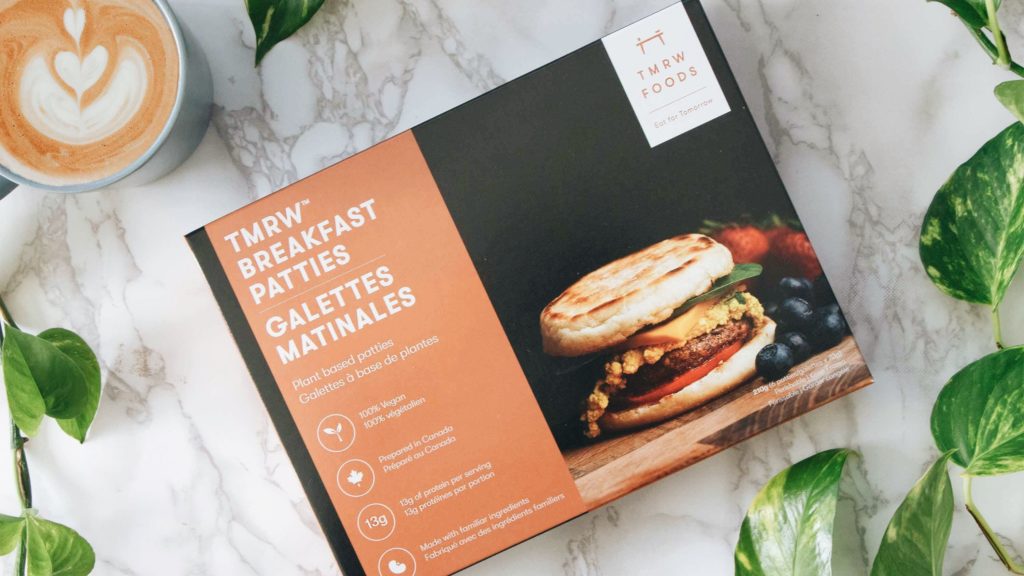Many have laid claim to the first-ever hamburger; some say the dish dates all the way back to first-century Rome, while others believe it was created in 1900 in the U.S. by Louis Lassen. (A Danish immigrant, Lassen owned Louis’ Lunch restaurant in New Haven, Connecticut.) Either way, it wasn’t until the 1950s when a beef patty between two bits of bread, often served with cheese and some limp salad, became a real hot commodity.
You might not think that putting a slab of meat in a bun would be revolutionary, but the simple hamburger changed the food industry. To this day, every fast-food chain (be it McDonald’s, Burger King, Wendy’s, Wimpy, Dennys, the list goes on) is competing to create the very best version of the simple dish.
It’s not just fast-food. Burgers line the shelves of every grocery store, supermarket, and bodega. It’s no surprise, there’s a lot of money to be made in the industry. It’s predicted that the average American eats three hamburgers a week. Let’s be real, we even eat them for breakfast: sausage patties in a muffin just seem to be more socially acceptable in the morning than beef and a bun.
But while they may be delicious to some, the insatiable appetite for meat patties has come at a price. And it’s much higher than $1.50 for a double cheese.
Four pounds of beef emits the same amount of CO2 as flying from New York to London. Just one hamburger requires around 2,400 liters of water to produce. Pork, used in breakfast sausage patties, emits 12.1 kilograms of CO2 per kilo.
So what do we do? The world loves meat. It loves burgers and patties, especially. Taking them away completely isn’t an option that would be well received. So, we innovate. Or, more to the point, the food-tech wizards innovate. And we get the easy part; all we have to do is eat and enjoy.

The Food of TMRW
Independent Canadian brand TMRW Foods believes there is hope for the food industry yet. All we need to do is change our mindsets, and look at how we consume protein completely differently.
The company creates rich, satisfying, meat-like products, using ingredients that are not just better for the planet, but for us too. (Processed meat, it’s worth noting, is classified by the World Health Organization as a Group 1 carcinogen.)
Made with kidney beans, yellow split peas, and quinoa, TMRW Foods’ non-GMO, plant-based TMRW Burger contains 21 grams of protein. The bite is just as juicy as a regular hamburger, and it sizzles and chars on the grill. Featuring the same whole foods ingredients, TMRW Foods newly released Breakfast Patties contain 13 grams of protein and are a delicious way to start the day. Their TMRW Mince also packs 21 grams of protein per serving and is a versatile addition to anyone’s fridge.
The brand isn’t alone in trying to change the way people consume. A number of food tech companies are offering plant-based products that look, cook, and taste like meat, just without the animal-derived ingredients.
“We love the innovation happening in the plant-based space,” TMRW Foods’ co-founder and president Dean Blignaut told LIVEKINDLY. “[We] have a lot of respect and gratitude for the companies and their respective technologies that have managed to drastically increase awareness for plant-based foods.”
TMRW Foods chose to create its products with recognizable whole food ingredients for a number of reasons, but mainly because they are familiar to consumers.
“Our biggest challenge is changing the way people think about food,” Blignaut explained. “I believe for plant-based protein to become truly ubiquitous, we have to remove as many barriers as possible.” He added: “People are afraid of what they don’t know or understand.”
Aptly, TMRW Foods was inspired by a burger competition in 2018. Since then, to get the perfect result, each product has been meticulously crafted, tested, reformulated, and tested again to get the ideal taste, texture, and combination of ingredients. Achieving that realistic meat-like texture was important.

“We believe that most people consume animal protein, not because it comes from an animal, but because it has organoleptic properties that they find satisfying and familiar,” said Blignaut.
“We wanted to create a product that can meet expectations when it comes to aspects that make meat enjoyable, like bite, savory, and umami flavors, inviting aroma, appearance, and sizzle, but without trying to 100 percent replicate the experience of a beef protein burger,” he added. “We are happy to have a plant-forward, unique protein experience, but that still ticks all the important boxes.”
There may be arguments about the past of the hamburger, but to Blignaut and TMRW Foods, the future is clear: the only way is plant-based.
“We’re definitely heading in the right direction,” he said, “but we can’t rest on our laurels.”
He referred to hopeful “large scale shifts” in consumer behavior, talented, conscious, and innovative entrepreneurs, corporate companies “throwing their weight” behind the plant-based movement, and an increase in government support.
He added: “The combination of these variables, in my opinion, points to good things to come.”
To put TMRW to your own taste-test, you can find its products in Whole Foods Markets across Canada, as well as in Natures Fare, and select Choices and Nesters. To find more info and stockists, check out the brand here.
This is a sponsored post.


